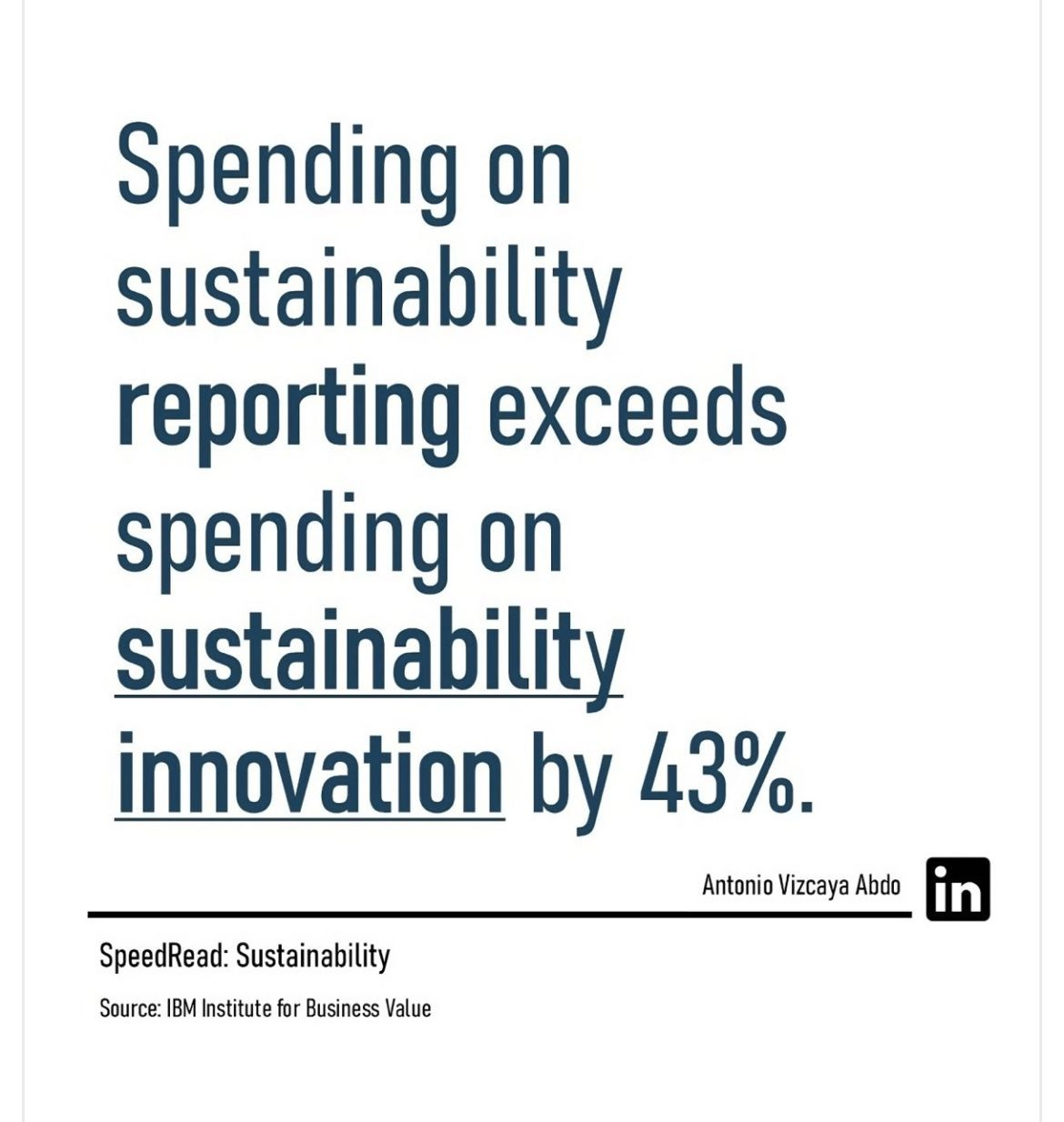Week 32: Corporate Relocations, Climate Lawsuits, and ESG Investment Trends
Dear all,
In this weekly letter:
Fossil fuel companies are conducting "a massive mis- and disinformation campaign" to slow down the adoption of renewable energy and delay the transition away from a carbon-intensive economy.
The heatwave was mentioned no fewer than 80 times in earnings calls for the quarter ending in June.
The global supply of sustainable aviation fuel will account for just 0.5% of total fuel requirements this year.
Biopiracy is not the new kid on the block.
Lawsuits related to climate damage are forcing oil companies to relocate their headquarters.
China Inc. owns seabed mining.
Private clients are returning to ESG funds, exploring new strategies to maximize returns.
It is inevitable, almost fatalistic. The old world is dying, and the new world struggles to come forth. Now is the time of monsters. As passengers on a moving train, we observe. We take in information, share some concerns, and post a thing or two on social media. We are concerned—at least some of us are. One of the striking contradictions in human nature, as David Foster Wallace insightfully noted, is that even though we often recognize or even accept our own mortality, we are unable to experience any event without placing ourselves at the center. We are inherently the protagonists of our own stories—or, for those in despair, the main antagonists. Sometimes, we acknowledge that this self-centeredness is limiting, prompting us to try to look beyond our personal perspectives to the broader world. However, many of us are unable to escape this fundamental self-focus. Perhaps this is why Ayn Rand, the Objectivist writer, famously asserted that "I will not die; it’s the world that will end." This sentiment of self-centeredness isn't just an individual phenomenon; it often manifests collectively as well. Throughout history, human mythologies have frequently placed our species at the moral and ontological center of existence, a view particularly prevalent in many monotheistic religions, which hold that humans are God’s favored creation. This perspective has implications for how we approach global issues like climate change. Our reluctance to fully confront the reality of climate change may stem from an unwillingness to look beyond our own interests. If we believe ourselves to be the center of the universe, it’s hard to imagine that anything truly catastrophic could happen to us, as we consider ourselves too important to be profoundly affected.
There are five main strategies that people use to downplay the true scale of the ongoing climate crisis. The first is simple ignorance: dismissing climate change as a marginal issue that doesn’t merit our attention, believing that nature will take care of itself. The second is the faith in science and technology to solve the problem. The third strategy involves leaving the solution to the market, such as through the taxation of polluters. The fourth is the emphasis on personal responsibility, where systemic change is sidestepped in favor of individual actions like recycling and consuming less. The fifth, and perhaps the most problematic, is the call to return to a natural balance by adopting a simpler, more traditional way of life. This notion, which frames Mother Nature as a nurturing entity derailed by human hubris, is misguided. The fact that our primary energy sources—oil and coal—are the remnants of ancient catastrophes that predate humanity serves as a stark reminder that nature is indifferent and often brutal.
Keep reading with a 7-day free trial
Subscribe to ESG on a Sunday to keep reading this post and get 7 days of free access to the full post archives.



